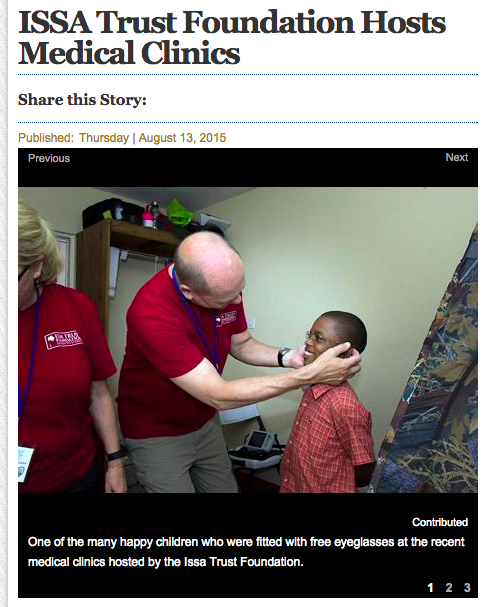My first day of work started with an hour long drive up narrow, winding roads pockmarked with deep potholes every hundred meters or so. Thankfully, my driver was very familiar with said potholes and showed no sign of fear or hesitation when rounding tight corners at high speeds while simultaneously passing another car in the one and only lane. The views of the mountainous jungles were beautifully distracting as were the colourful shanty towns that dot the way. Stray dogs, chickens, and humans could often be found wandering dangerously close to our vehicle’s path.
The clinic I was headed for was actually a last minute change as the previously assigned clinic had been shut down because of crumbling infrastructure and “infestation” (I still don’t know what that really means). When we finally arrived at 9am, I was greeted by a group of lovely clinic workers who promptly told me that we couldn’t start seeing patients yet because there was no water. Apparently, there has been a nation-wide drought for months. The government deems it too expensive to pump water into these areas so the people (and the clinic) rely on “water trucks” to sporadically fill their reservoirs. Of course, the Jamaican “soon” turned out to be a four-hour wait. But, eventually, I did start seeing patients by 1:30pm.
Based on my first afternoon of clinic, I can confidently say that there is currently an outbreak of bullous impetigo in the area. Fortunately, the pharmacy’s large selection of exactly three different antibiotics (sarcasm intended) is sufficient to treat this condition. After a packed afternoon of not understanding what my patients were saying (I swear we’re not always speaking the same language) and realizing the only investigations I could reliably perform was basic blood work (50/50 chance for culture results, don’t even think about a chest X-ray), I finally managed to see all of the registered patients by 4pm.
Despite a crazy, sweaty (35 degrees Celsius without air conditioning), and slightly confusing first day, it was blissful to come “home” to an air-conditioned room and a cold shower. I finished my day in true tropical island style: cocktail party with live music, sumptuous dinner on the beach, and a fantastic acrobatic show complete with fire dancers!
Not a bad first day. Now if only I could figure out how to set free the tiny lizard that is trapped in the living room…
Favourite Food of the Day: fried plantain!





Connect With Us